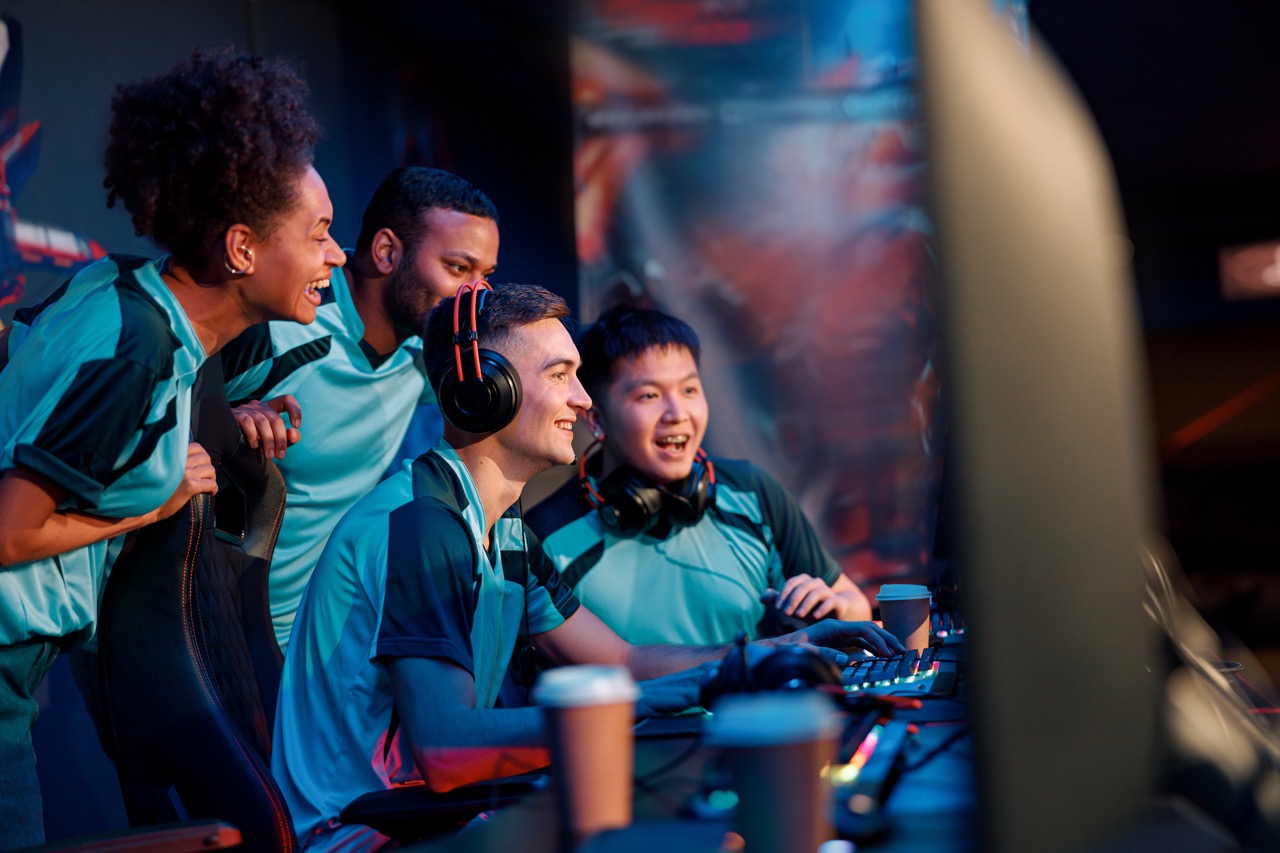The world of video gaming is no stranger to heated debates, and one of the hottest topics in the sports simulation genre is whether titles like NBA 2K25 lean more towards a pay-to-win model or if they emphasize skill-based gameplay. With microtransactions becoming a staple in modern gaming, players are left wondering if success on the virtual court requires more than just practice—potentially necessitating a wallet-ready approach as well. Let’s dive into the mechanics of NBA 2K25 to explore its pay-to-win aspects and how they stack up against skill-based gameplay.
Understanding the Pay-to-Win Model in NBA 2K25
The pay-to-win model has become a common concern among gamers, particularly in titles that incorporate microtransactions. In NBA 2K25, players can purchase in-game currency, known as VC (Virtual Currency), which can be used to upgrade their player’s skills, buy cosmetic items, and unlock various features. This gives those willing to spend money a significant advantage, as they can quickly elevate their player’s abilities far beyond those of a character developed through regular gameplay.
Furthermore, the pressure to invest in VC often comes from the game’s design itself. New players might find it almost impossible to compete against highly developed characters unless they fork out cash for boosts. This can create an uneven playing field where those who don’t spend money feel discouraged, leading them to question whether they can enjoy the game without making a financial commitment.
Critics argue that this model undermines the core spirit of sports gaming, which is about challenge and skill. Paying to enhance performance seems to contradict the very essence of competition within the game. While it’s common for titles to offer the option to purchase in-game resources, the extent to which VC impacts gameplay in NBA 2K25 makes it a focal point of the pay-to-win discussion.
Skill-Based Gameplay: What Does It Really Mean?
Skill-based gameplay, on the other hand, emphasizes player ability and practice over financial investment. In NBA 2K25, those who dedicate hours to mastering shooting mechanics, defensive strategies, and team play can find success on the virtual court, even if their character isn’t a superstar right out of the gate. The game includes complex mechanics that can reward players who take the time to learn and refine their skills, such as effective dribble moves, shot timing, and defensive adjustments.
Additionally, the online multiplayer aspect of NBA 2K25 often showcases a range of skill levels, allowing players to find matches against those of similar talent, regardless of their VC investment. This means that while a player with maxed-out statistics might have an edge, savvy gameplay strategies can level the playing field. Players who focus on teamwork and smart decision-making can still emerge victorious against opponents who rely solely on their character’s stats, highlighting the importance of skill.
However, it’s essential to recognize that skill alone may not always suffice. Some players might find themselves facing off against others who have maximized their VC investments, creating an environment where skill can sometimes feel overshadowed by financial prowess. This brings us back to the age-old debate of whether it’s possible to succeed purely based on talent in a game that seems to increasingly reward those willing to pay.
How Microtransactions Affect Player Experience
Microtransactions in NBA 2K25 have a considerable impact on the player experience. For some, they serve as a convenient way to enhance their gameplay without the grind. However, this convenience can also lead to frustration among players who prefer to earn their rewards through skill and dedication. The constant barrage of prompts encouraging players to purchase VC can detract from the enjoyment of the game, turning what should be an immersive basketball experience into a financial decision-making exercise.
Moreover, the presence of microtransactions can create a divide within the community. Players who invest money may not only have access to better-equipped characters but also a more significant stake in the game’s economy. This can lead to a sense of elitism, where those who spend more dominate the leaderboards, potentially discouraging newer players who might feel outclassed and overwhelmed.
On the flip side, some players argue that microtransactions allow for personal expression through cosmetic upgrades and customizations. This aspect can enhance the overall experience of the game, allowing players to showcase their unique styles while engaging in competition. However, it remains a contentious topic within the community, as many players feel that aesthetics should not be tied to performance advantages.
Finding Balance: Can You Succeed Without Spending?
While the pay-to-win elements in NBA 2K25 are undeniable, many players still wonder if it’s possible to thrive without dipping into their wallets. The answer is a resounding yes, but it often requires a significant investment of time and effort. Players who are willing to grind through the game modes, complete challenges, and participate in events can accumulate VC organically, allowing them to improve their characters while avoiding real-world spending.
Additionally, honing your gameplay skills can make a substantial difference. Understanding game mechanics, mastering plays, and developing strategies can often outweigh the advantages gained through spending. Many top players in the community demonstrate that talent, teamwork, and a deep understanding of the game can lead to success, even against more monetarily-backed opponents.
Ultimately, the balance between skill and spending comes down to personal choice. For some, spending a little extra for a competitive edge might seem worth it, while others relish the challenge of earning everything through gameplay. The decision lies in how each player values their experience and what they’re willing to invest—whether it be time, effort, or money.
In conclusion, NBA 2K25 embodies the ongoing struggle between the pay-to-win model and skill-based gameplay. While microtransactions can provide a shortcut to success, dedicated players can still find ways to excel without spending a dime. It all boils down to how much you’re willing to invest—whether it’s time in practice or cash in microtransactions. At the end of the day, what matters most is enjoying the game and finding your unique style on the virtual court!










